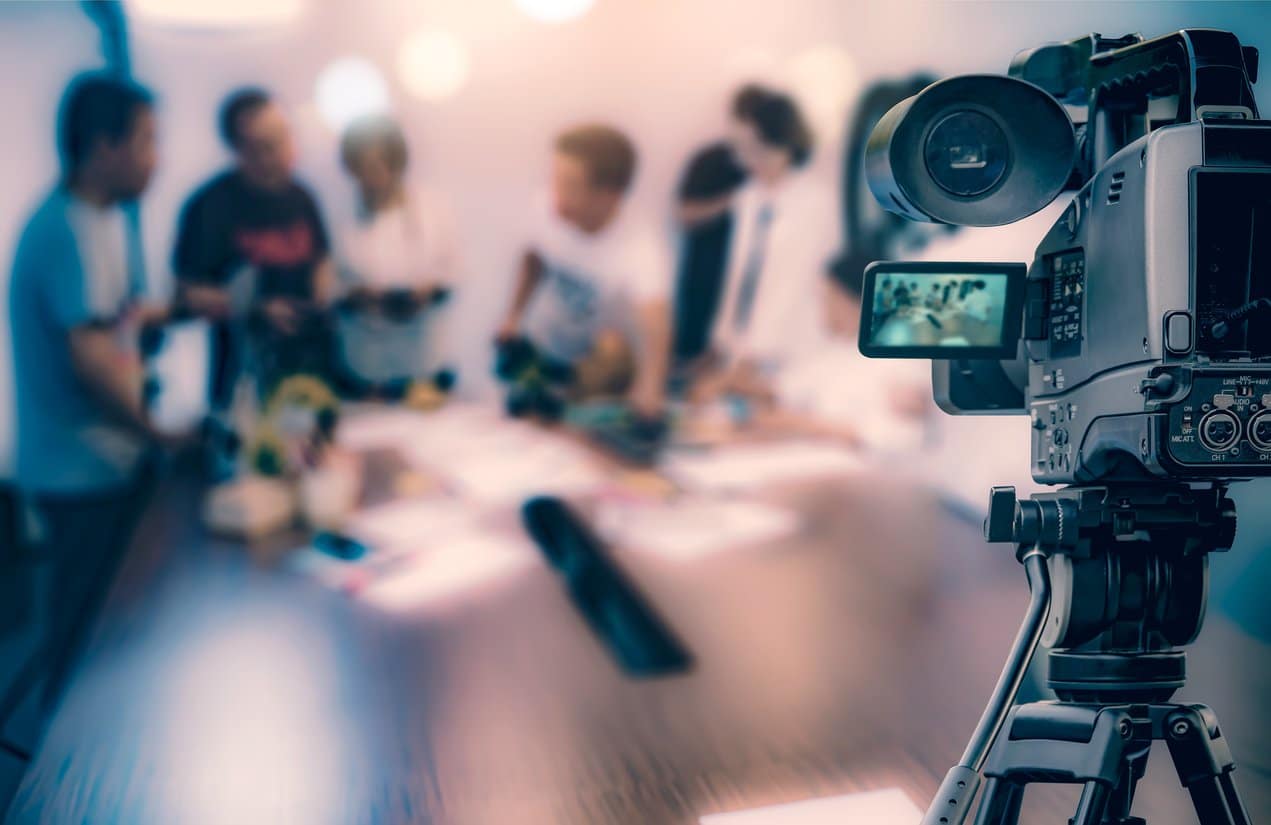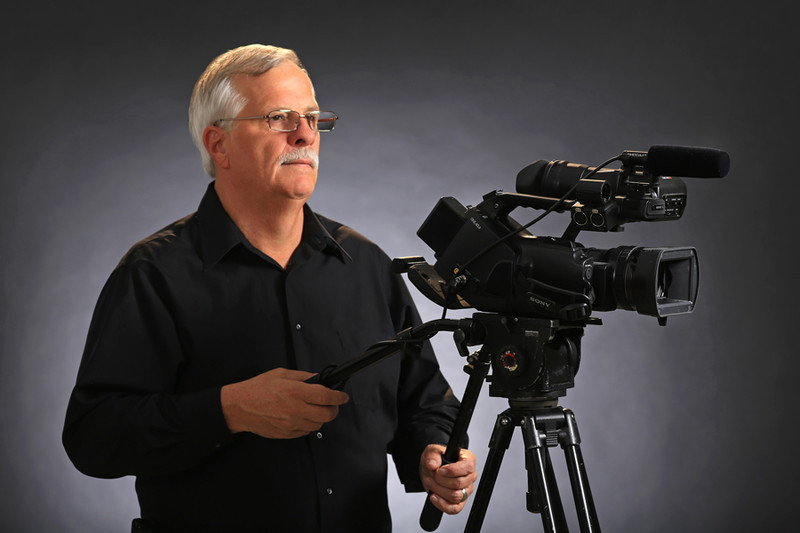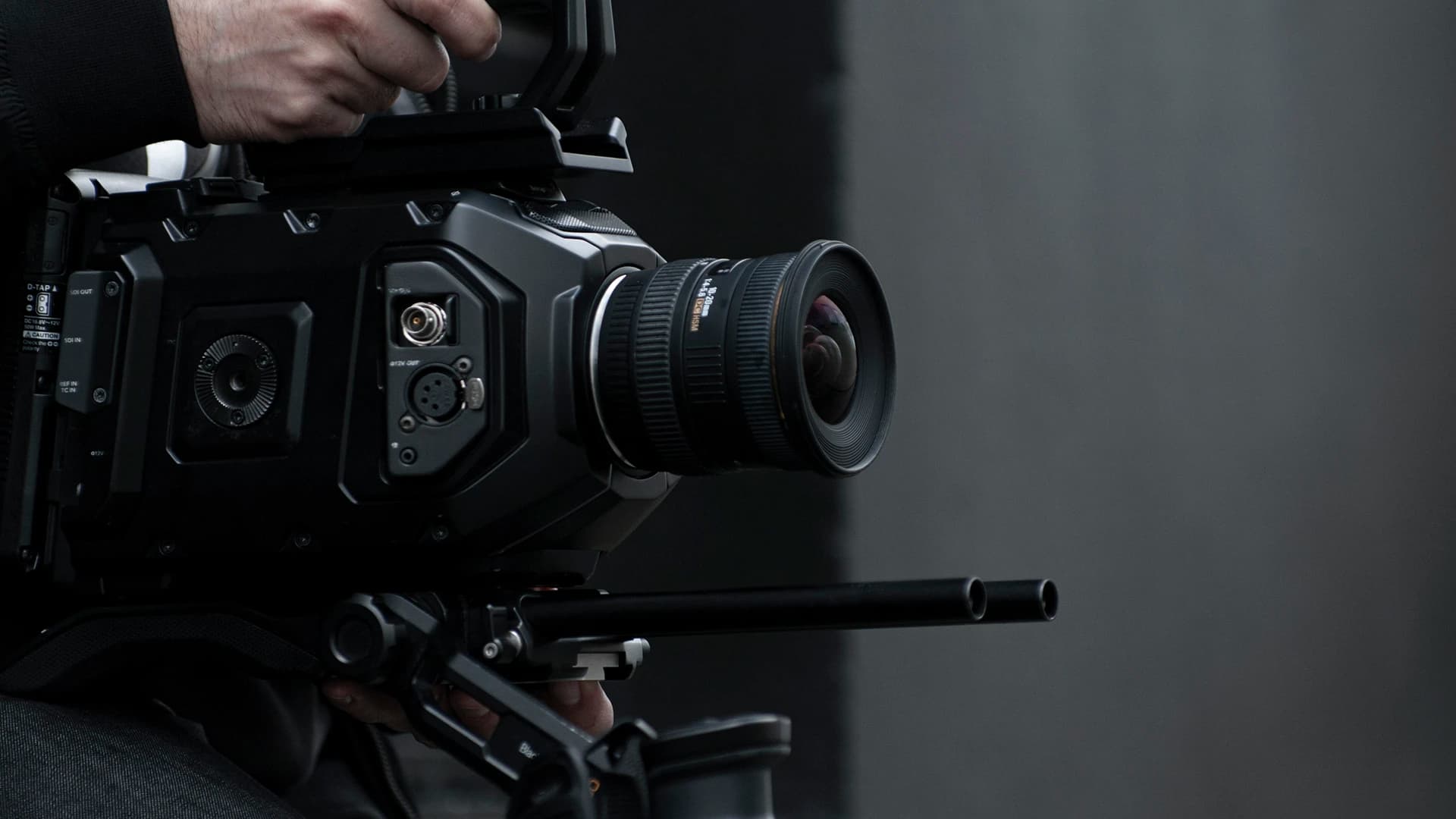High-Quality Legal Videography for Hearings.
High-Quality Legal Videography for Hearings.
Blog Article
The Duty of Legal Videography in Depositions and Trials
Lawful videography has actually arised as a necessary device in both depositions and tests, giving a complex approach to recording witness testaments. As lawful specialists significantly identify its worth, it triggers a deeper examination of exactly how these visual records can affect juror assumptions and test results.
Significance of Legal Videography
Legal videography plays a crucial duty in the paperwork and presentation of depositions and trials. This customized area integrates technical skills with legal knowledge to develop a reliable document of process that can significantly influence case results. The visual element of legal videography boosts the understanding of witness testimony, permitting jurors and judges to observe not just the talked words yet likewise the attitude, emotions, and body movement of the witnesses.

The significance of legal videography extends past the court room; it likewise plays a crucial function in preserving evidence for future referral, whether for allures or additional lawsuit. Its combination into the legal procedure is crucial for making sure a fair and precise representation of the facts, eventually contributing to the search of justice.

Refine of Legal Videography
While capturing the subtleties of depositions and tests, the process of lawful videography entails a number of crucial actions that guarantee high-quality, precise recordings. Originally, a professional legal videographer prepares by assessing the case products and comprehending the specific demands of the deposition or test. This prep work consists of familiarizing themselves with the participants and the context, which helps in catching relevant details.
On the day of the recording, the videographer establishes the required devices, which usually consists of high-def electronic cameras, microphones, and proper illumination. Guaranteeing ideal angles and sound high quality is vital, as it straight affects the performance of the recording. The videographer communicates with lawyers and participants to establish procedures, making sure that everybody comprehends the recording process.
During the deposition or trial, the videographer meticulously records the proceedings, paying very close attention to both spoken and non-verbal signs. legal videography. This consists of catching the attitude and reactions of witnesses and attorneys. After the session concludes, the videographer might modify the video footage for clearness and compliance with lawful criteria, generating a last product that accurately mirrors the process for future recommendation and use in legal contexts
Advantages in Depositions
The unification of videography in depositions uses various advantages that boost the total procedure of gathering evidence. One key advantage is the ability to record witness testaments with aesthetic and auditory fidelity, giving a much more precise representation of the witness's disposition, tone, and body language. This multidimensional method permits attorneys and juries to analyze reliability more effectively than traditional written records alone.
Furthermore, videographed depositions function as a powerful device for preserving testament. Ought to a witness become inaccessible for trial, their recorded deposition can be played in court, ensuring that their evidence stays easily accessible and appropriate. This aspect considerably decreases the risk of shedding important info that might impact case end results.
Moreover, using legal videography advertises better prep work for lawyers. Evaluating video clip footage allows lawful teams to evaluate and improve their techniques, determining toughness and weaknesses in their instances. This preparatory benefit can bring about more engaging discussions in court.
Lastly, videography enhances the general professionalism and reliability of the deposition procedure, instilling self-confidence in customers regarding the thoroughness of their legal representation. By leveraging innovation, lawyers can significantly improve the effectiveness of depositions.
Effect On Trials
In numerous trials, the combination of videography can substantially affect the presentation of evidence and the jury's perception. Legal videography captures witness testimonies and vital evidence in a dynamic format, enabling jurors to engage with the material on multiple levels. This visual component boosts the narration facet of a test, supplying context and psychological resonance that conventional text-based evidence may lack.
Moreover, video recordings can function as effective devices for impeachment during cross-examination. When inconsistencies develop between a witness's prior statements and their courtroom testament, video clip proof offers an objective reference that can guide jurors' point of views. This immediacy and clearness can reinforce the reputation of an event's story while simultaneously threatening opposing arguments.
Furthermore, using videography can help streamline complex information, making it more accessible to jurors who might battle to understand elaborate details presented solely via spoken testament. By integrating visuals with auditory details, lawful videography can improve retention and understanding, ultimately affecting the jury's decision-making procedure. Consequently, the influence of videography in trials expands past mere aesthetics; it plays an essential role fit the legal landscape and end results.
Future Trends in Legal Videography
As we look towards the future of lawful videography, several arising patterns promise to improve its duty within the court. One substantial trend is the combination of artificial intelligence (AI) in video clip analysis and modifying - legal videography. AI can simplify the process of determining vital moments in tape-recorded depositions, permitting attorneys to rapidly access pertinent content, thus improving performance in case preparation
Furthermore, the surge of digital reality (VR) and enhanced fact (AR) modern technologies is expected to transform exactly how jurors experience proof. By submersing jurors in a substitute see setting, these technologies can supply an discover this extra extensive understanding of complex situations, causing even more enlightened considerations.

Moreover, the enhancing demand for remote depositions, accelerated by the COVID-19 pandemic, will likely continue. Legal videographers will need to adapt to brand-new software program and systems to make sure high-quality recordings in virtual settings.
Lastly, the expanding focus on information safety will certainly require stricter protocols for storing and sharing video proof. As the lawful landscape progresses, legal videographers need to remain abreast of these patterns to preserve their significance and efficiency in the judicial process.

Verdict
In summary, lawful videography offers a vital function in the judicial procedure, improving the stability of depositions and trials. By recording the nuances of witness testimonies, this tool not just protects important proof however additionally help in presenting info efficiently to jurors. The importance of aesthetic paperwork in assessing credibility and facilitating interrogation can not be overstated. As technology remains to develop, lawful videography is poised to additional transform its role click to read within the legal landscape.
Report this page